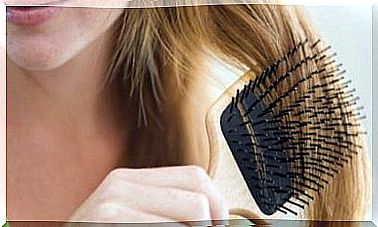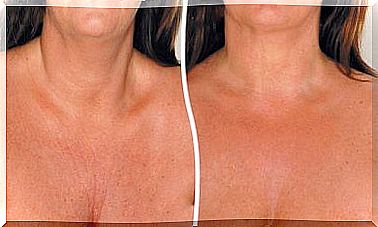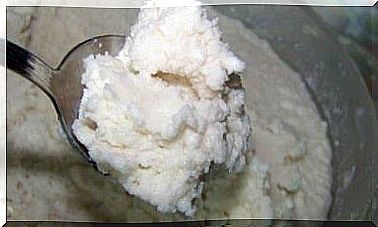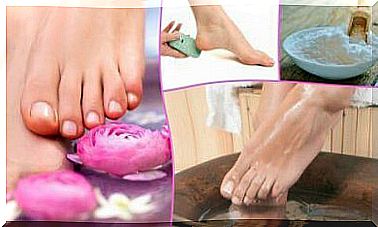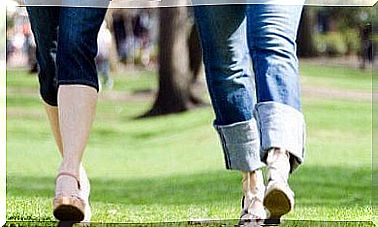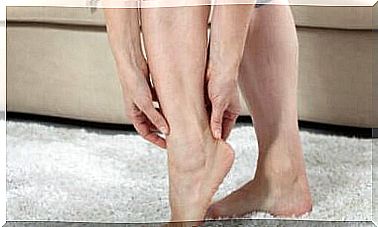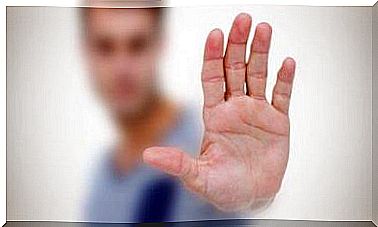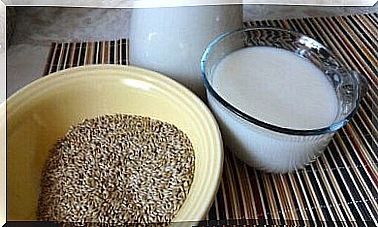Three Complementary Treatments For Hypothyroidism

Are you looking for treatment for hypothyroidism? Many of us tend to look for easy and natural treatments that improve quality of life and complement medication.
In this article, we offer you alternative treatments. They work wonders for your well-being. This is because they help control disturbing symptoms such as fatigue, hair loss, insomnia and even constipation.
Treatments for hypothyroidism
The thyroid gland is important for human health. It produces hormones that regulate metabolism. They are involved in many of the body’s numerous functions. Symptoms of hypothyroidism often affect health in many ways.
Hypothyroidism occurs when the thyroid gland is slow. So it fails to produce enough hormones. To diagnose this problem, the doctor will order blood tests to determine the patient’s thyroxine (T4) and thyrotropin (TSH) levels. However, there are differing opinions as to what amount is problematic. In some cases, the changed level may return to normal after some time. Thus, the doctor always relies on blood tests, but also on other symptoms. Thus, if he deems it appropriate, he will prescribe medication that contains thyroid hormone to make up for its deficiency.
In addition to following your doctor’s instructions and related procedures, these treatments for hypothyroidism serve as a useful adjunct to medication. They are also good methods of prevention if you have a natural predisposition to such a disease.
1. Daily dose of selenium

In most adults, selenium accumulates mainly in the thyroid gland. This gland needs selenium for proper hormone metabolism and selenium also has antioxidant properties. From a scientifically proven point of view, in the case of autoimmune thyroid failure (Hashimoto’s thyroiditis), this mineral is associated with:
- Decrease in antibody levels.
- For thyroid healing at the ultrasound level.
- For a better quality of life.
- Delayed eye deterioration in case of ophthalmopathy.
Many studies recommend the use of organic selenium. However, do not use this supplement without medical supervision, as excessive amounts may be harmful. Instead, adding Brazil nuts to your diet is a good option. Eating just two Brazil nuts a day will give you enough of the selenium your body needs without risking your health.
2. Treatments for hypothyroidism: maca supplementation
Maca root is native to Peru and is part of the diet of most people in South America. However, its powder is part of a global supplement as it brings energy and regulates hormones.
Yellow maca in particular is really effective in treating thyroid diseases, especially during menopause. This root also brings energy to fatigue, which is a common symptom of hypothyroidism.
To use maca root as a supplement, you only need to follow the instructions and dosages in the Product Label. Keep in mind that it stimulates you, so start with a small dose and then increase it gradually under your doctor’s supervision.
3. Be careful with iodine blockers

To supplement any treatment for hypothyroidism, you should take care of more than just getting nutrients. You also need to consider foods that can potentially cause harm and that you may already be consuming on a daily basis. There are certain foods that are only harmful to people with hypothyroidism. This is because they contain ingredients called goitrogens and these prevent the absorption of iodine, which is essential for thyroid health.
Avoid the following foods:
- Soy and its derivatives (tofu, Tempe, lecithin, etc.)
- Millet
- Cross-flowered vegetables such as broccoli, cauliflower, cabbage, radish and turnip
- Pine nuts, almonds and peanuts
- Strawberries, pears and peaches
- Cassava and sweet potato
- Mustard
- Spinach
- Flax seeds
However, ask your doctor for advice if you have any questions.
However, you will notice how these treatments for hypothyroidism help to improve medication and normal daily activity levels. So make small changes to your diet and make sure you continue your medical treatment.
